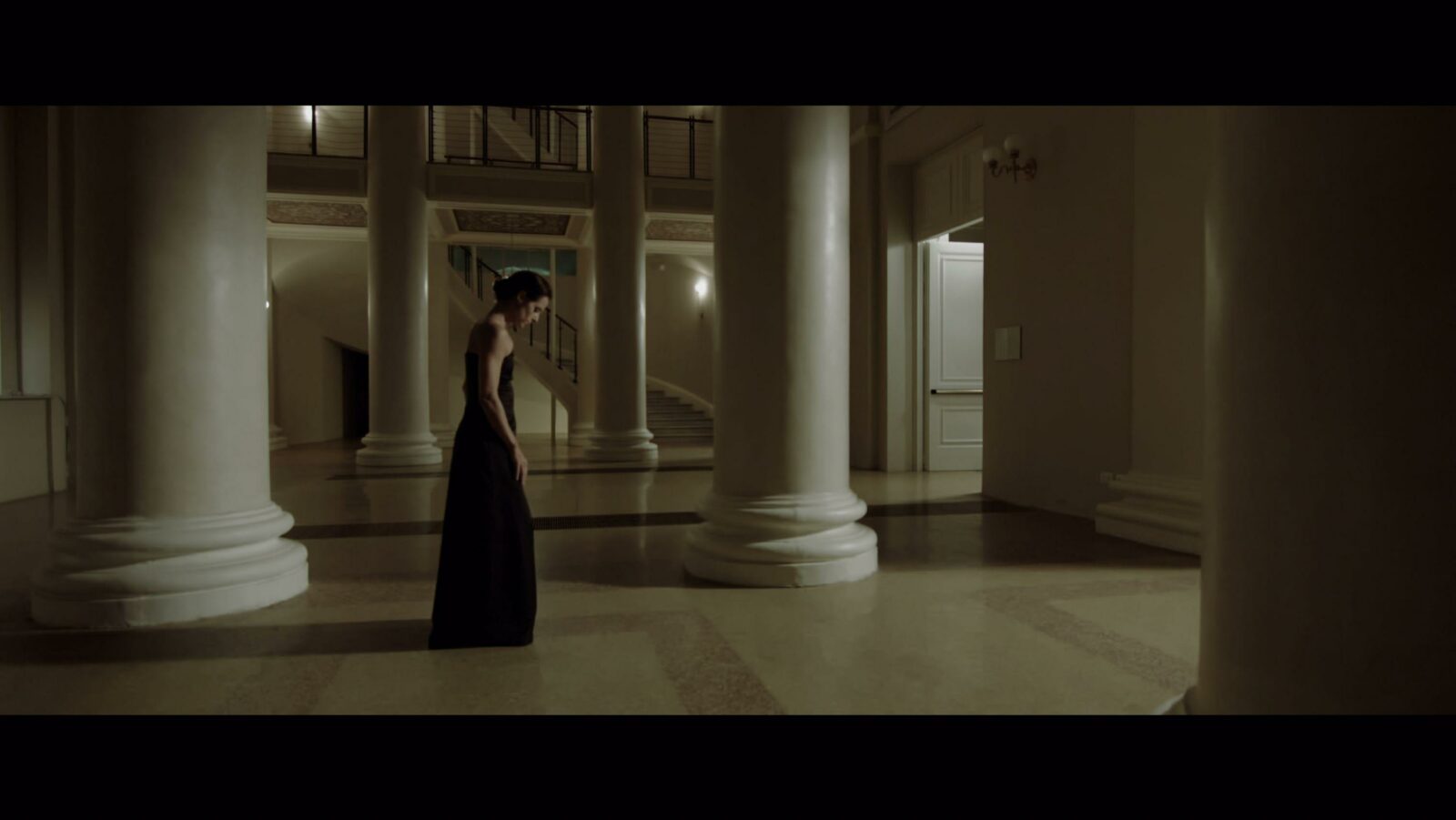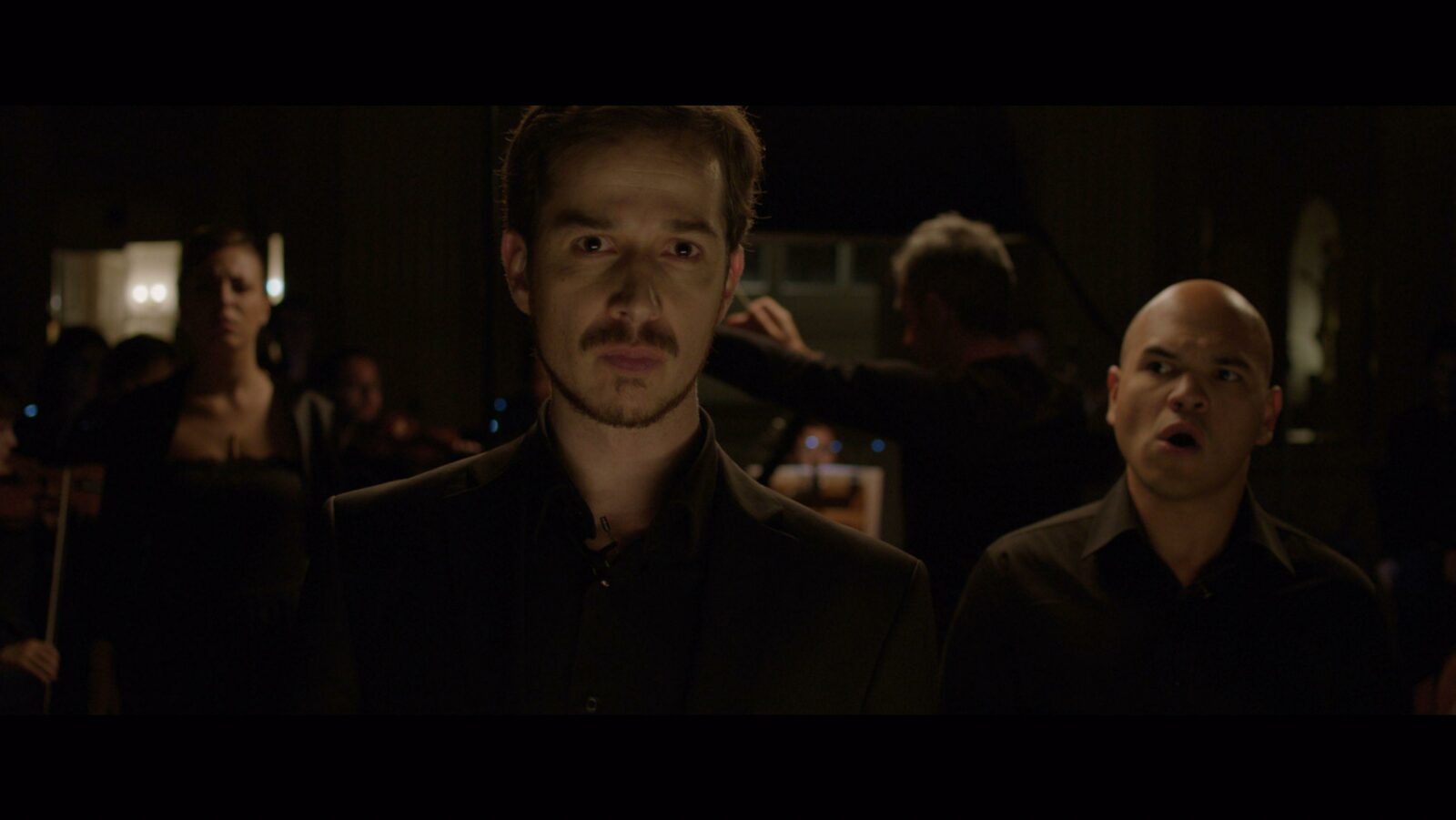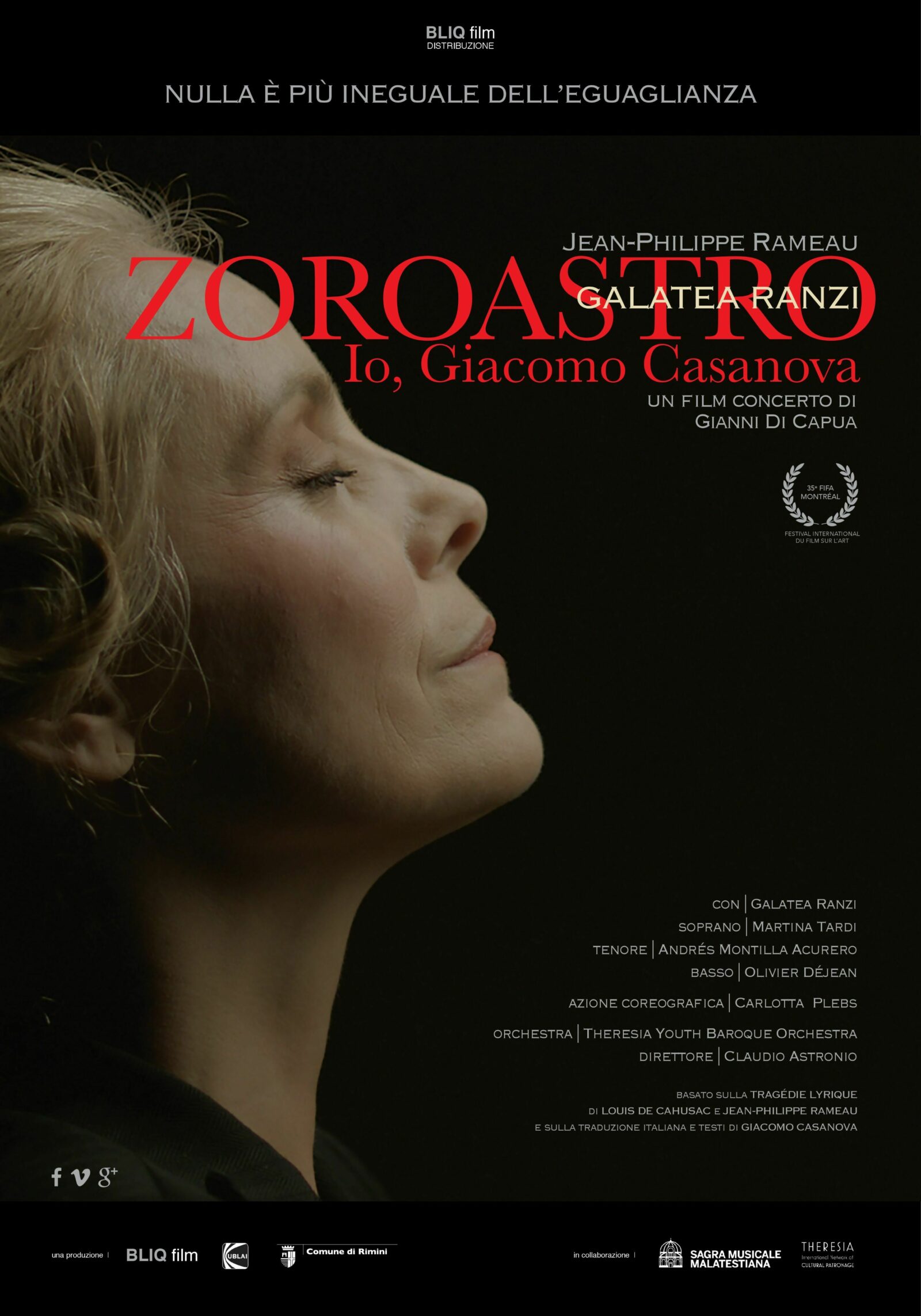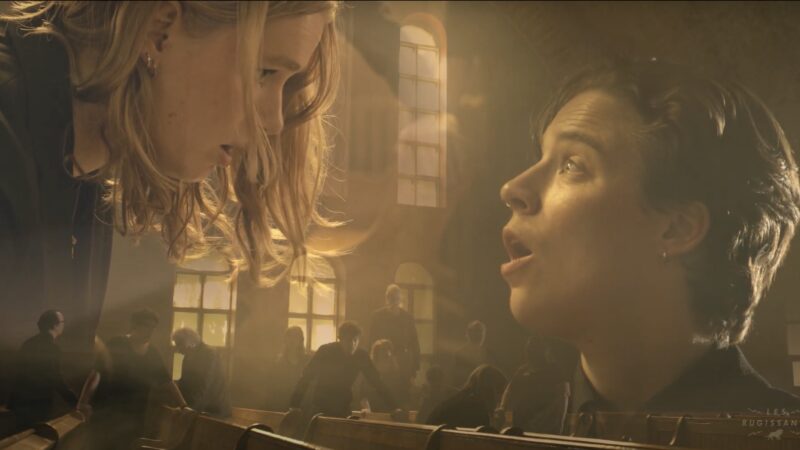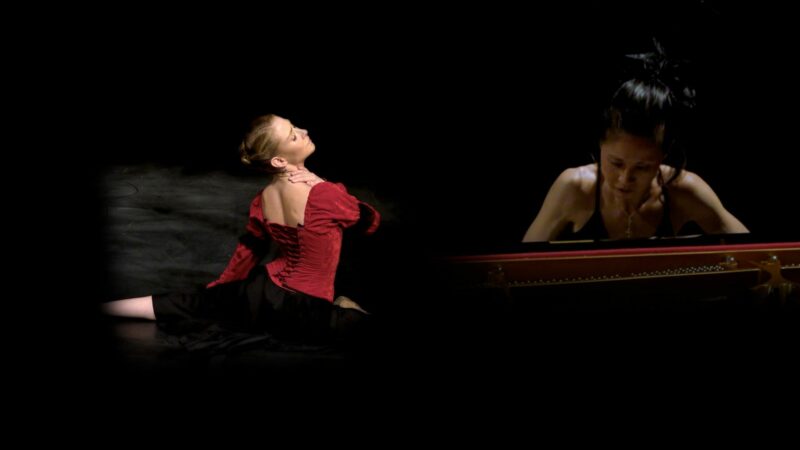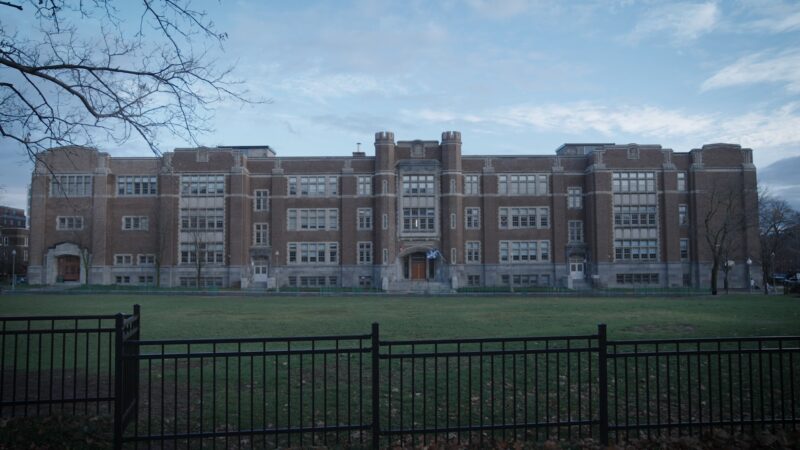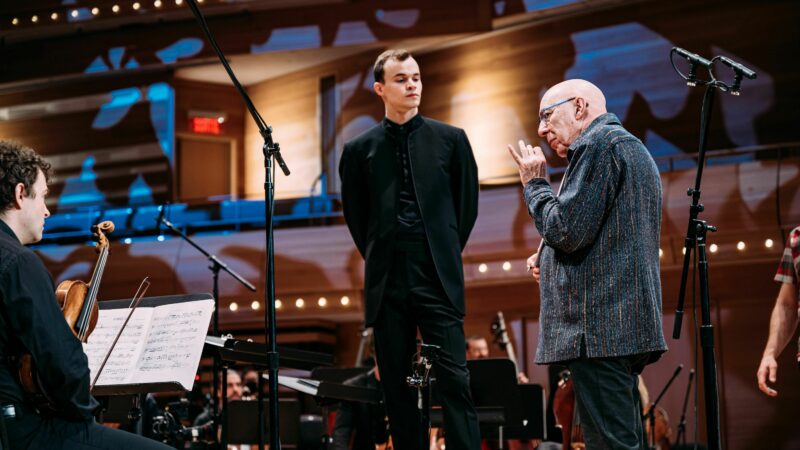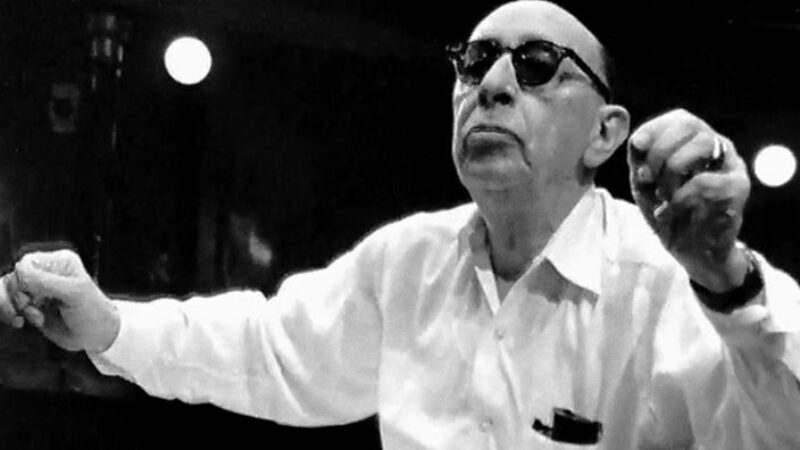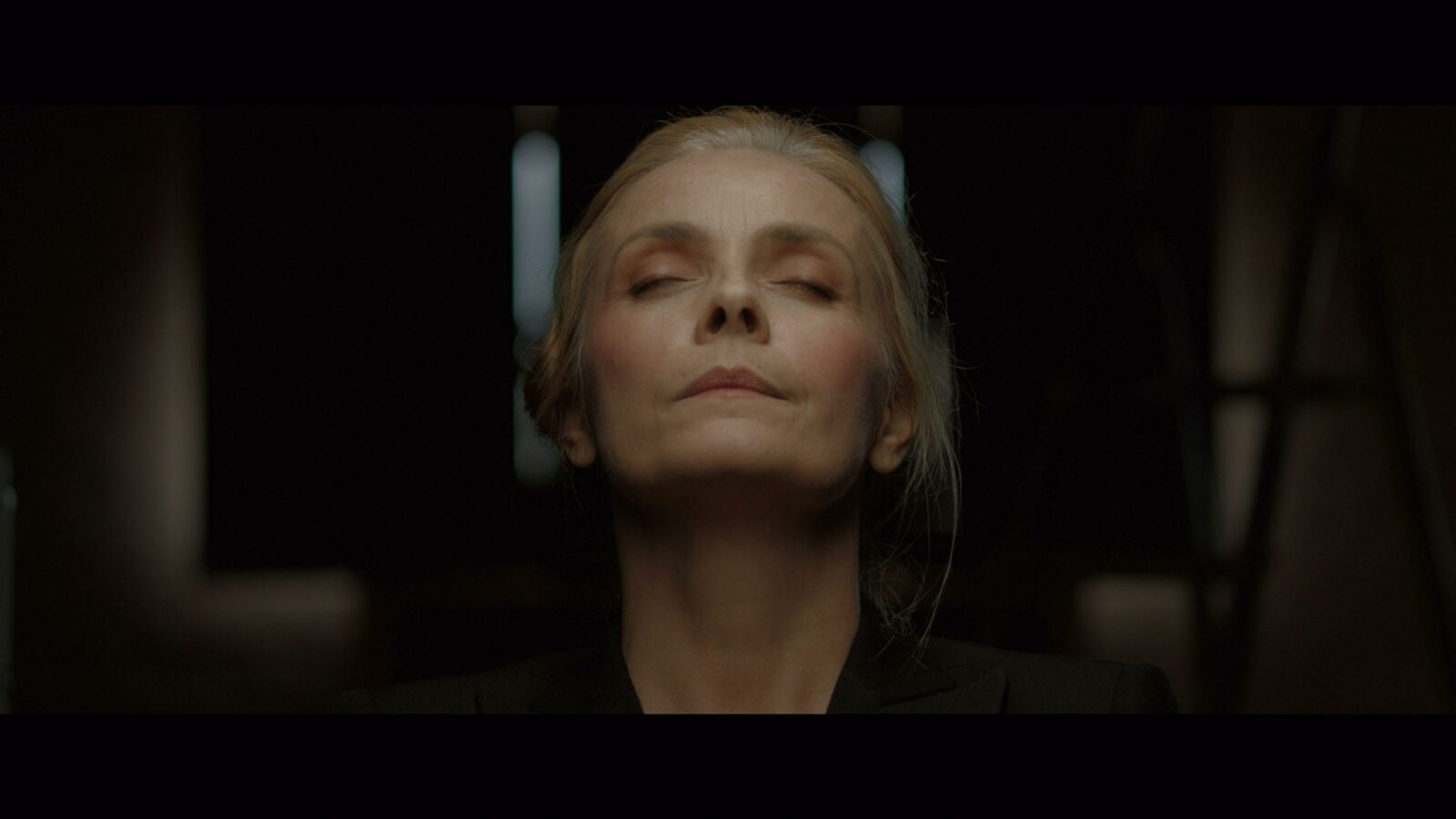
In this sumptuously beautiful film, actress Galatea Ranzi lends her voice to Giacomo Casanova who, in 1751, was commissioned to produce an Italian translation of a French opera that would produce “great transformation.” The Venetian adventurer chose Cahusac’s Zoroastre to “enlighten the men who would lay the groundwork for the French Revolution.” Interspersed with Casanova’s texts, the Theresia Youth Baroque Orchestra performs instrumental and vocal excerpts from the opera’s original version. The delicately paced images in Gianni Di Capua’s film, shot in the recently restored neoclassical Teatro Galli de Rimini, form a subtle interplay with Ranzi’s deep, solemn voice, the elegant shadows of the theatre and the great ethereal movements of the music. A unique, unprecedented celebration of classical music.
Also presented:
35th International Festival of Films on Art, Canada (2017)
35th International Festival of Films on Art, Canada (2017)
| Director | Gianni Di Capua |
| Editing | Francesco Marotta |
| Choreography | Carlotta Plebs |
| Artist | Galatea Ranzi |
| Sound mixing | Michael Seberich |
| Cinematography | Giovanni Andreotta |
| Distribution | Berta Film |
| Music | Jean-Philippe Rameau |


Production
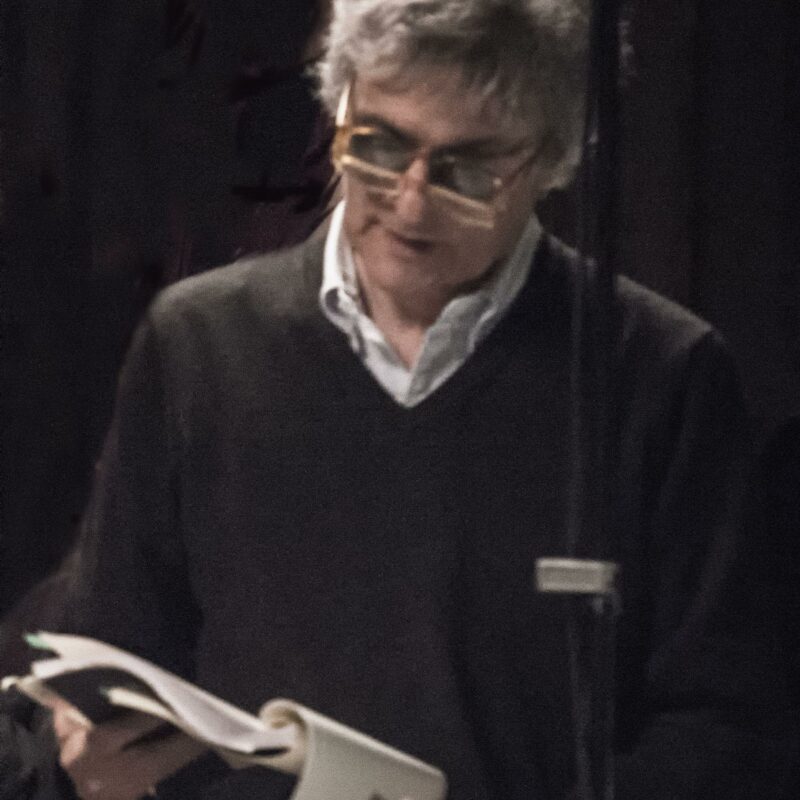
Gianni Di Capua
Gianni Di Capua has produced several programs for Italian television (RAI), as well as films on contemporary music and theatre. His first documentary Respiri, Silenzi… altri Ascolti was presented at the Venice Film Festival in 1995. Numerous productions on the performing arts and music followed. He also teaches film studies at the Cà Foscari University of Venice and works with the Fondazione Ente dello Spettacolo, an institution that promotes film culture in Italy.
Biographies have been provided by third parties.
Biographies have been provided by third parties.
Piani Paralleli (2016); Richard Wagner. Diario veneziano della sinfonia ritrovata (2013); An italian journey with Rachmaninoff (2004); Solo donna (Carolyn Carlson) (2002); OH, Kind God! (Kazou Ohno) (2001); Risonanze. Nuove musiche contemporanee (2001); L’ultimo Nastro di Krapp (S. Beckett) (2001); Vedova. Al Castello di Rivoli (1999); A floresta é jovem e cheja de vida (Luigi Nono) (1999); Io, frammento dal Prometeo (L. Nono) (1998)
You would like





